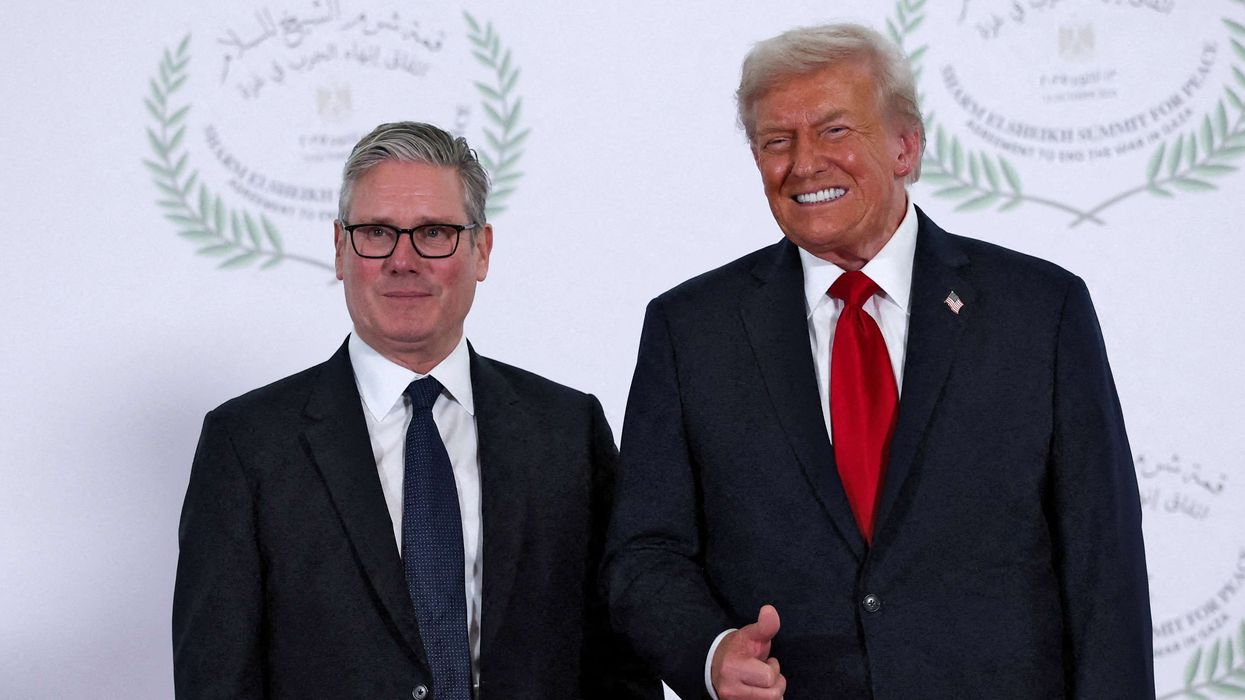Poppy Jaman OBE
Chief ExecutiveCity Mental Health Alliance
WORKPLACES are embracing the fact that wellbeing is a vital ingredient in business success, and that approach could not be more important than now.
I strongly believe that in order to achieve healthy workplaces we must have a culture of openness and a deep respect and support for difference. In the current climate, we have to appreciate our individual personal circumstances more than ever before.
The coronavirus epidemic has forced businesses to review, and where possible, ensure people are working from home.
Mental Health First Aid England’s My Whole Self campaign shines a light on business culture. It aims to create a healthier working culture that strengthens human connections in the workplace by bringing together diversity and inclusion and health and wellbeing.
My Whole Self is providing guidance and virtual activities designed to support employees feeling the impact of the coronavirus, and for those working from home.
I am a BAME leader and I have worked in the public, social, and private sectors. I know that inequality is an issue that cuts across our society, so simply stating and being against discrimination is not enough. As leaders, we have to create a culture where everyone is able to bring their whole authentic self to work. The driver has to be inclusive, empowering and safe leadership.
At a board level, we must lead from the front to create spaces where everyone feels included and valued. Our rhetoric and behaviours serve as a model for people at every level of an organisation. Hiring a diverse range of people delivers a broad range of thinking and skills into a company, yet it doesn’t automatically equate to an inclusive environment.
We must go further in order to actively welcome, celebrate and value people from different genders, ethnicities, abilities, and backgrounds. As leaders, we must be able to walk the talk. This can range from ensuring we use people’s self-chosen gender pronouns through to ensuring the physical environment is accessible for all.
Ensuring people can bring their whole self to work is not about compelling people to reveal aspects of their private lives that they don’t want to. Rather, we need to ensure people feel safe enough that they are able to choose to live out essential aspects of their identity in the workplace.
I know from my own experience of poor mental health that feeling as if you have to adapt like a chameleon and change colour to suit an environment is damaging to your wellbeing. For me personally, this led to my feeling like I was giving up parts of my identity.
In my teens and early adulthood, my mental health deteriorated to such an extent that I tried to end my life twice. I felt my life was compartmentalised as I struggled to sustain lots of personalities in conflict – good Bangladeshi daughter verses the feminist professional, or Bengali friend verses British friend, and global ambassador verses mother. My life felt fragmented and what I wanted and needed was to feel able to be myself wherever I was.
As a BAME woman with experience of mental health issues, I’m aware there are not many people who look like me in leadership roles. I’ve been in management positions since my second job, which means I’ve been responsible for setting the tone and culture in my workplaces. That’s been a gift and a challenge because I had to practice self compassion and lead by example by setting healthy behaviours for the whole organisation. I didn’t always get it right but my peers kept me in check.
As a social entrepreneur, I’ve worked in the mental health arena alongside people who value inclusivity. Being surrounded by these values, and having the autonomy to create an inclusive culture, meant that it was my job to walk the talk.
I feel strongly that I have been in leadership positions because I helped create the organisations I led. If I worked in a different sector I’m not sure if I would be in this position. You do not see many CEOs who are female and brown, with mental health issues, and that has to change.
Across the City and beyond there are great initiatives that support the wellbeing agenda. Businesses including Legal & General, Linklaters, BNP Paribas, and Wells Fargo are just some of the organisations I work with that are taking active steps to encourage and support people experiencing mental health issues. They share best practice and increase understanding because they know that it is critical to maximise business performance, manage business risk, and vital to safeguarding organisation’s people responsibilities.
However, we know there is more to do to successfully deliver on wellbeing for all and in every workplace. And we cannot achieve that without ensuring we respect, include and support every person whatever their background or identity.
Mental Health First Aid England’s My Whole Self campaign empowers people to be their whole self at work, wherever that may be. We hope it will help deliver a much-needed cultural change that will deliver for our wellbeing and for business.
Human connections are so important, now more than ever, and nurturing them virtually will be key to supporting the nation’s mental health and wellbeing as we come together to tackle the impact of coronavirus.












